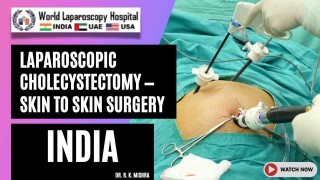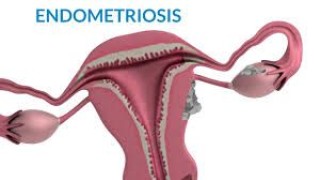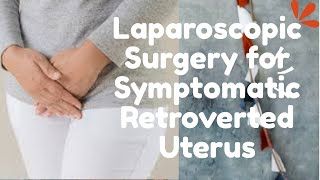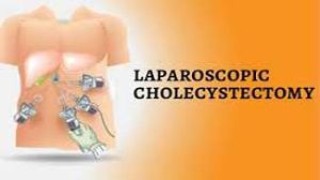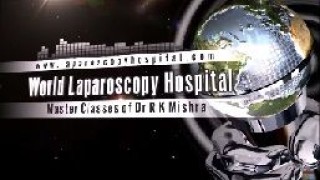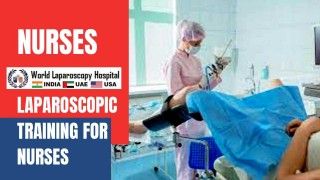Surgeons’ Views on Laparoscopic Training at World Laparoscopy Hospital
Add to
Share
952 views
Report
1 year ago
Description
Introduction In the ever-evolving field of minimally invasive surgery, laparoscopic techniques have revolutionized patient care by reducing recovery times and surgical complications. To maintain the high standards of laparoscopic procedures, effective training programs are essential. This article explores the perspectives of surgeons who have undergone laparoscopic training at the World Laparoscopy Hospital (WLH), providing insights into the effectiveness, challenges, and benefits of the training provided. The World Laparoscopy Hospital: An Overview World Laparoscopy Hospital, renowned for its advanced surgical education and cutting-edge technology, offers a comprehensive laparoscopic training program designed to equip surgeons with the skills needed to perform minimally invasive surgeries proficiently. The hospital’s state-of-the-art facilities and expert faculty create an ideal environment for learning and professional growth. Surgeons’ Perspectives on Training Quality Surgeons who have trained at WLH highlight several key aspects of the program that contribute to its excellence: 1. State-of-the-Art Facilities: Surgeons appreciate the hospital's investment in the latest laparoscopic equipment and simulation tools. These resources enhance hands-on learning and ensure that trainees are proficient with current technologies. 2. Expert Faculty: WLH’s training is led by highly experienced and renowned laparoscopic surgeons. Trainees benefit from direct mentorship and the opportunity to learn from the best in the field, gaining valuable insights and techniques. 3. Comprehensive Curriculum: The structured curriculum covers a wide range of laparoscopic procedures and techniques. Surgeons value the program’s balance of theoretical knowledge and practical skills, which prepares them for real-world surgical challenges. 4. Personalized Feedback: The program’s emphasis on individualized feedback helps trainees address their specific areas of improvement. Surgeons appreciate the constructive critiques and tailored guidance provided by instructors. 5. Innovative Teaching Methods: The integration of advanced simulation and virtual reality tools in the training enhances the learning experience. Surgeons find these methods particularly effective in mastering complex procedures and improving surgical precision. Challenges and Areas for Improvement While the training program is highly regarded, some surgeons have noted areas for improvement: 1. Time Constraints: A few surgeons expressed a desire for extended training periods to gain more hands-on experience and refine their skills further. 2. Access to Advanced Cases: Some trainees feel that exposure to a broader range of complex cases would better prepare them for diverse surgical scenarios. Conclusion Surgeons who have trained at the World Laparoscopy Hospital consistently commend the program for its quality, comprehensive curriculum, and expert instruction. While there are areas for potential enhancement, the overall feedback underscores the hospital’s commitment to advancing laparoscopic surgery through effective education and training. As the field continues to evolve, WLH remains a leading institution in preparing surgeons to excel in minimally invasive procedures.
Similar Videos

